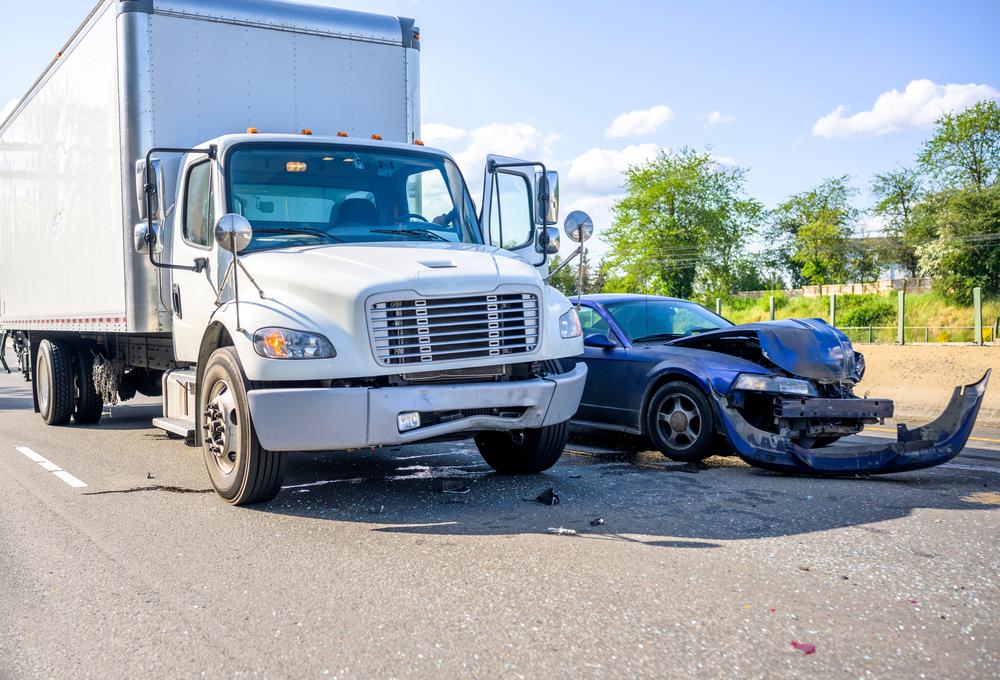Legal Strategies in Truck Accident Cases: What You Need to Know
Truck accidents often result in severe injuries and significant property damage due to the sheer size and weight of commercial vehicles. For those in Portland, consulting a skilled Portland truck accident lawyer can be crucial in effectively handling these cases. Here’s what you need to know about the legal strategies involved.
Understanding the Unique Challenges
Truck accident cases are inherently more complex than standard car accident claims due to several factors:
Regulations and Standards: Trucking companies and their drivers must adhere to strict federal and state regulations. These include hours-of-service rules, vehicle maintenance standards, and cargo securement protocols.

Multiple Parties Involved: Potentially liable parties may include the truck driver, trucking company, vehicle manufacturer, or even the cargo loader. Identifying all responsible parties is critical for a comprehensive claim.
Severe Damages: Due to the significant impact of truck accidents, the injuries and property damage tend to be much more severe, leading to higher compensation claims.
Key Legal Strategies
To build a strong case in truck accident litigation, several strategic steps must be undertaken:
Thorough Investigation
A detailed investigation is the foundation of a successful truck accident case. This involves collecting and analyzing evidence such as:
Accident Scene Evidence: Photos, videos, and eyewitness statements can provide crucial details about how the accident occurred.
Truck Maintenance Records: These can reveal if the truck was properly maintained and if any mechanical failures contributed to the accident.
Driver Logs and Electronic Data: Hours-of-service logs and data from electronic logging devices (ELDs) can indicate whether the driver was complying with regulations regarding rest periods.

Identifying All Liable Parties
Determining all potentially liable parties is essential for maximizing compensation. This can include:
Truck Driver: If the driver was negligent or violated traffic laws.
Trucking Company: If the company failed to enforce safety regulations or adequately maintain the vehicle.
Vehicle Manufacturer: If a defect in the truck contributed to the accident.
Cargo Loaders: If improper loading led to the accident.
Expert Testimony
Expert witnesses can provide critical insights and bolster a case. Accident reconstruction experts can explain how the crash occurred, while medical experts can detail the extent and impact of injuries. Involving these experts helps to substantiate claims and provide clear, authoritative evidence to support the case.
Negotiation and Litigation
Effective negotiation skills are essential for dealing with insurance companies that often seek to minimize payouts. A Portland truck accident lawyer will negotiate aggressively to secure a fair settlement. In court, presenting a compelling argument based on thorough preparation and solid evidence is crucial for achieving a favorable verdict.
The Role of a Portland Truck Accident Lawyer
Guide to Navigating Legal and Regulatory Changes in Business: These legal professionals have the expertise to navigate regulatory requirements, identify liable parties, and negotiate with insurance companies. They can also represent clients effectively in court if the case goes to trial. Truck accident cases require meticulous legal strategies to address the unique challenges they present. Thorough investigations, identifying all liable parties, leveraging expert testimony, and skilled negotiation are essential components of building a robust case. For those in Portland, partnering with a knowledgeable Portland truck accident lawyer can ensure that victims receive the compensation they deserve. By understanding these legal strategies, individuals can better navigate the aftermath of a truck accident and secure justice.
Ideas, requests, problems regarding TWiki? Send feedback

